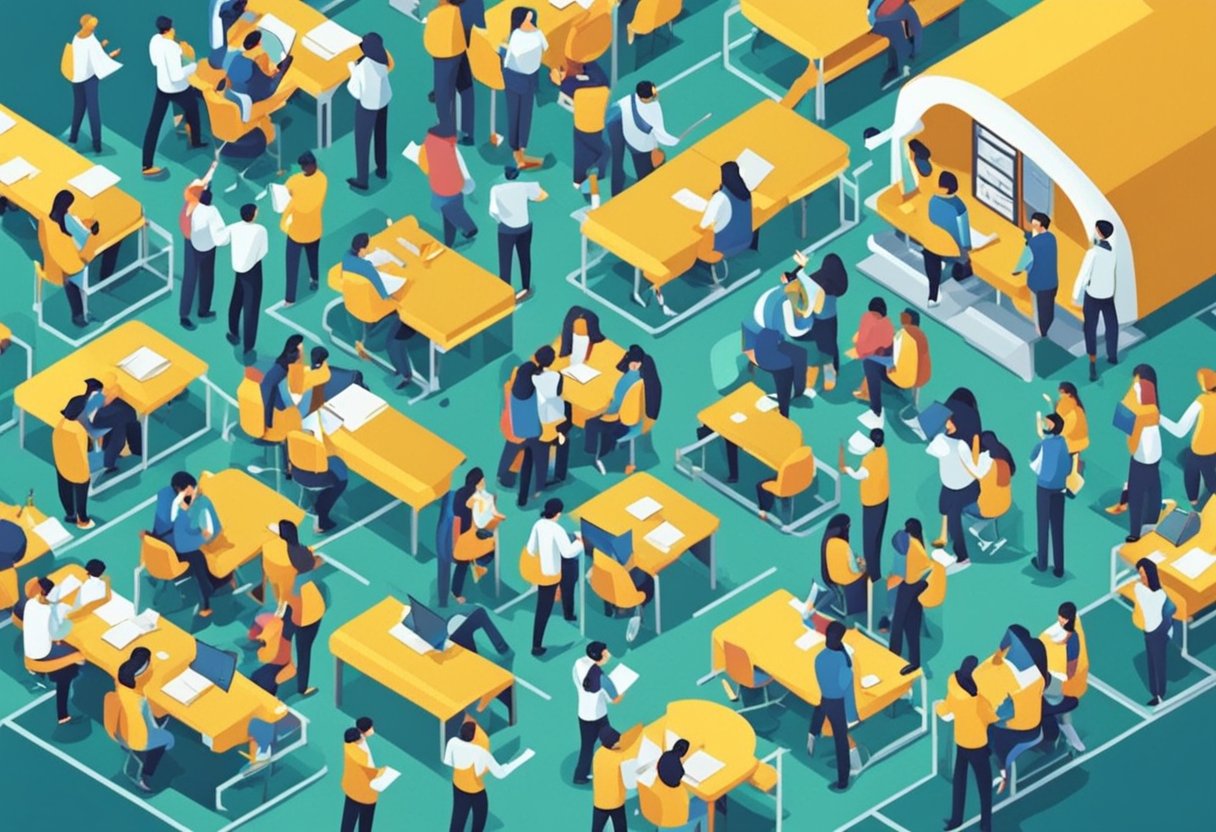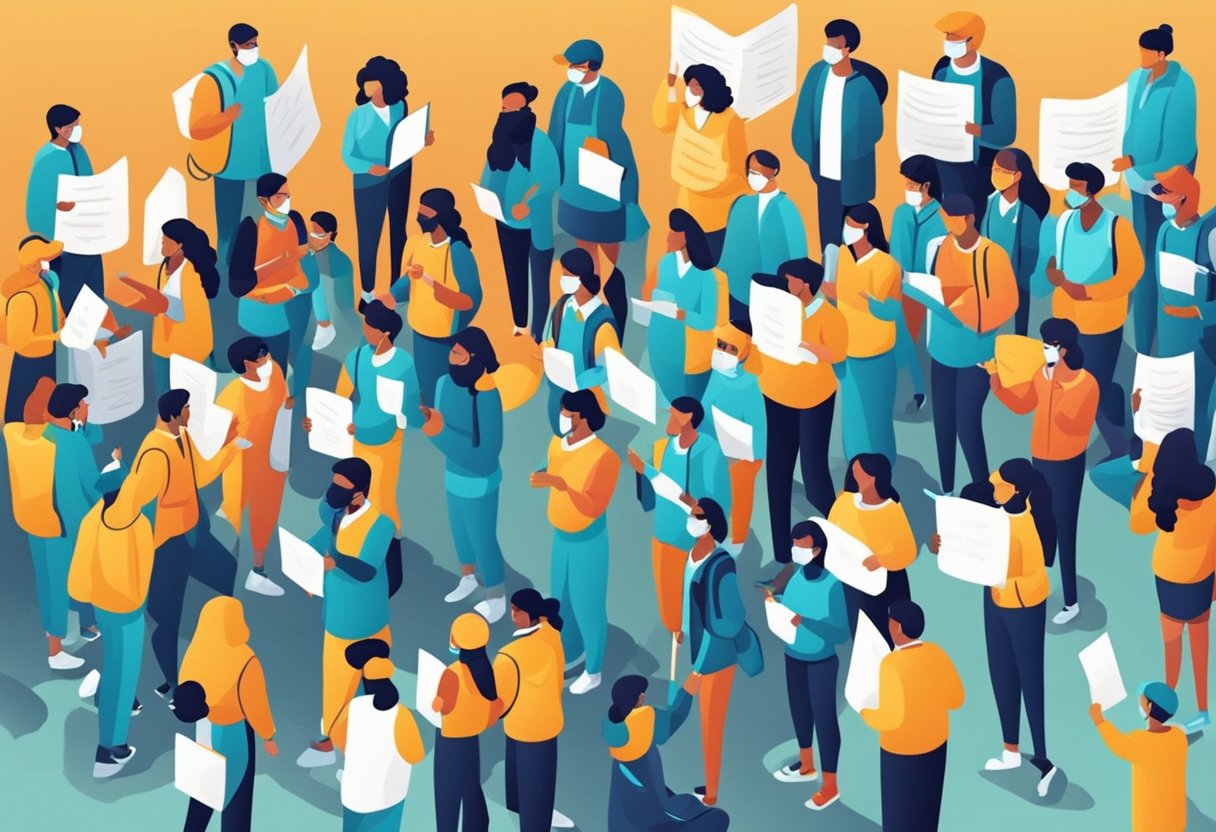Students Speak Out: Tired of Being Blamed for Virus Spike
Students across the country are expressing frustration and anger over being blamed for the recent spike in COVID-19 cases. Many feel that they are being unfairly targeted and held responsible for the actions of others. As the pandemic continues to ravage communities, some students are speaking out against what they see as a double standard.

Despite taking precautions such as wearing masks and practicing social distancing, many students have been blamed for the spread of the virus. Some universities have even gone as far as to threaten disciplinary action against students who violate COVID-19 guidelines. This has left many feeling unfairly targeted and frustrated with the lack of accountability for others who may not be following the rules.
The issue has become particularly contentious as some universities have continued to hold in-person classes and events, despite rising case numbers. Students argue that they are being put at risk by these decisions, and that blaming them for the subsequent spread of the virus is unjust. As the pandemic continues to evolve, it remains to be seen how universities will respond to these concerns and whether students will continue to push back against being blamed for the virus spike.
The Blame Game
As COVID-19 cases continue to rise, many people are looking for someone to blame. Unfortunately, students are often the scapegoats, accused of spreading the virus through reckless behavior. While it is true that some students have not been following public health guidelines, it is unfair to place all the blame on them.
Student Reactions
Many students are frustrated with being blamed for the spike in cases. They feel that they are being unfairly targeted and that their actions are being exaggerated. Some students have pointed out that they are not the only ones who are not following public health guidelines. They argue that many adults are also not wearing masks or practicing social distancing.
Other students have expressed concern about the mental health toll of being blamed for the virus spike. They feel that they are being stigmatized and that their reputation is being damaged. This can lead to feelings of isolation and anxiety, which can further impact their mental health.
Public Perception
The blame game also has consequences for public perception. When students are blamed for the virus spike, it can create a false sense of security for others. People may believe that as long as they are not around students, they are safe from the virus. This is not true, as the virus can be spread by anyone, regardless of age.
Furthermore, blaming students can create a divide between different age groups. This can lead to resentment and hostility, which is counterproductive to the goal of controlling the virus. It is important for everyone to take responsibility for their actions and work together to stop the spread of COVID-19.
In conclusion, while it is important to hold individuals accountable for their actions, it is unfair to place all the blame on students for the spike in COVID-19 cases. It is important to approach this issue with empathy and understanding, and to work together to stop the spread of the virus.
Implications and Consequences

Impact on Education
The blame game around the virus spike has created an atmosphere of fear and anxiety among students. This has a direct impact on their ability to learn and perform well in school. With the constant threat of being blamed for spreading the virus, students may be less likely to attend classes or participate in extracurricular activities. This could lead to a decline in academic performance and a negative impact on their future prospects.
Mental Health Concerns
The constant blame and pressure on students to follow COVID-19 guidelines has taken a toll on their mental health. Students are already dealing with the stress of academic performance and future prospects, and the added pressure of being blamed for the virus spike has only made things worse. This could lead to an increase in mental health issues such as anxiety and depression, which could have long-term consequences.
Policy Responses
The blame game around the virus spike has highlighted the need for better policy responses. Schools and universities need to work with students to create a safe and supportive environment that prioritizes their well-being. This could include providing mental health resources, increasing access to testing and vaccines, and implementing clear guidelines and protocols for dealing with outbreaks.
In conclusion, the blame game around the virus spike has serious implications and consequences for students. It is important for schools and universities to take a proactive approach to addressing these issues and ensuring that students feel safe and supported during these challenging times.
